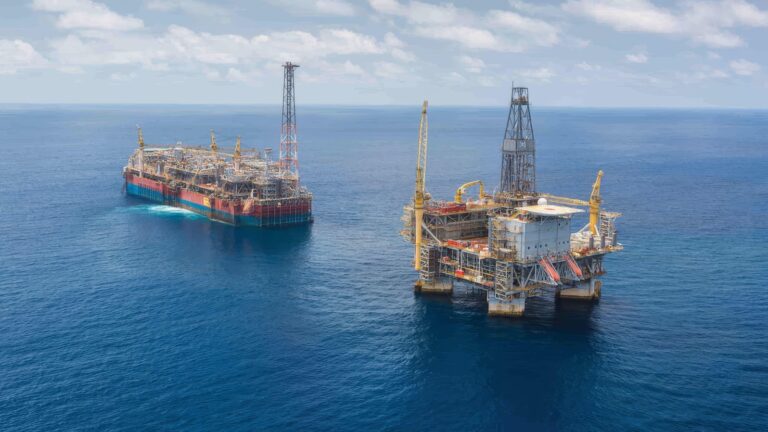Colorado-based power cooperative Tri-State Generation and Transmission Association on Jan. 9 announced it will retire its lone New Mexico coal-fired unit by the end of this year, and cease operations of its remaining Colorado coal units, and the company’s coal mine, by 2030.
Tri-State, which said the closures will impact about 600 workers, said state regulations, economics, and demand for cleaner energy from its members are behind the move.
“Serving our members’ clean energy and affordability needs, supporting state requirements and goals, and leading the fundamental changes in our industry require the retirement of our coal facilities in Colorado and New Mexico,” said Rick Gordon, chairman of the board of Tri-State, in a news release. “As we make this difficult decision, we do so with a deep appreciation for the contributions of our employees who have dedicated their talents and energy to help us deliver on our mission to our members.”
Tri-State, a not-for-profit power supply cooperative of 46 members, including 43 electric distribution cooperatives and public power districts in four states, will close the 253-MW Escalante Station near Prewitt, New Mexico, by year-end 2020. “The timeline to retire Escalante Station by the end of 2020 is driven by the economics of operating the power plant in a competitive power market, and by Tri-State’s addition of low-cost renewable resources,” said Duane Highley, CEO of Tri-State, in a statement.
The remaining operating units at the 1,285-MW Craig Generating Station in northwest Colorado will close by 2030, along with its associated Colowyo Mine, which has supplied low-sulfur subbituminous coal to the plant. Tri-State previously ended its coal ownership capacity in Unit 3 of San Juan Generating Station in New Mexico in 2017—a plant that could close as soon as 2022—and retired its coal-fired, 100-MW Nucla Station in western Colorado in September 2019.







